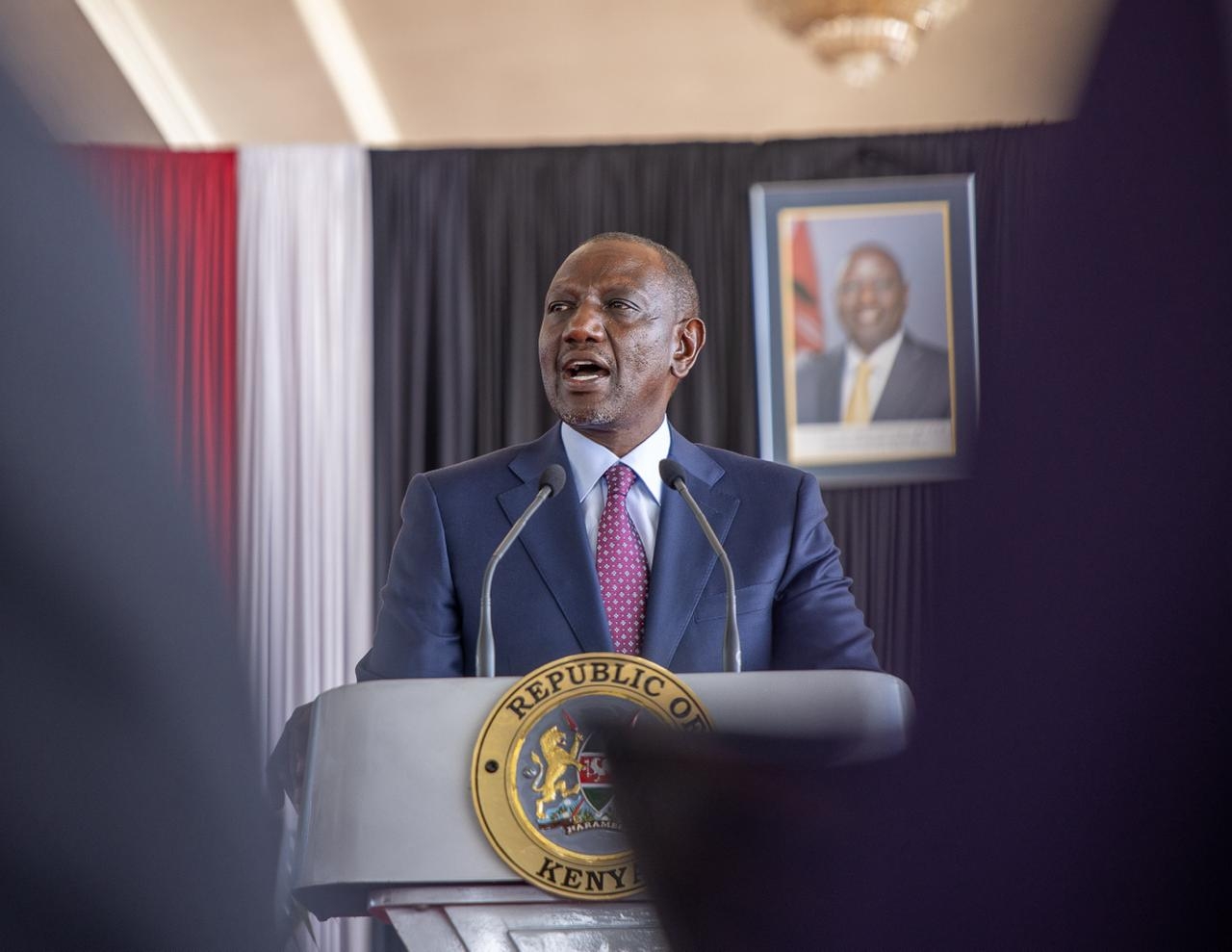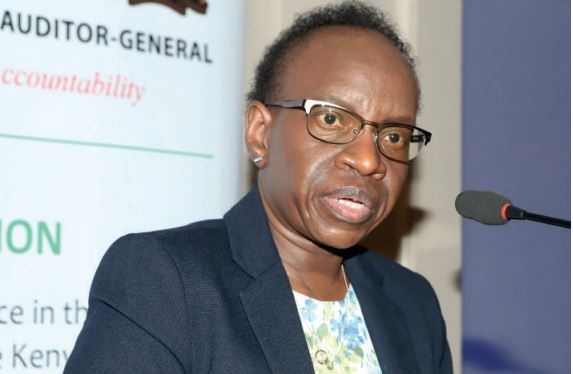
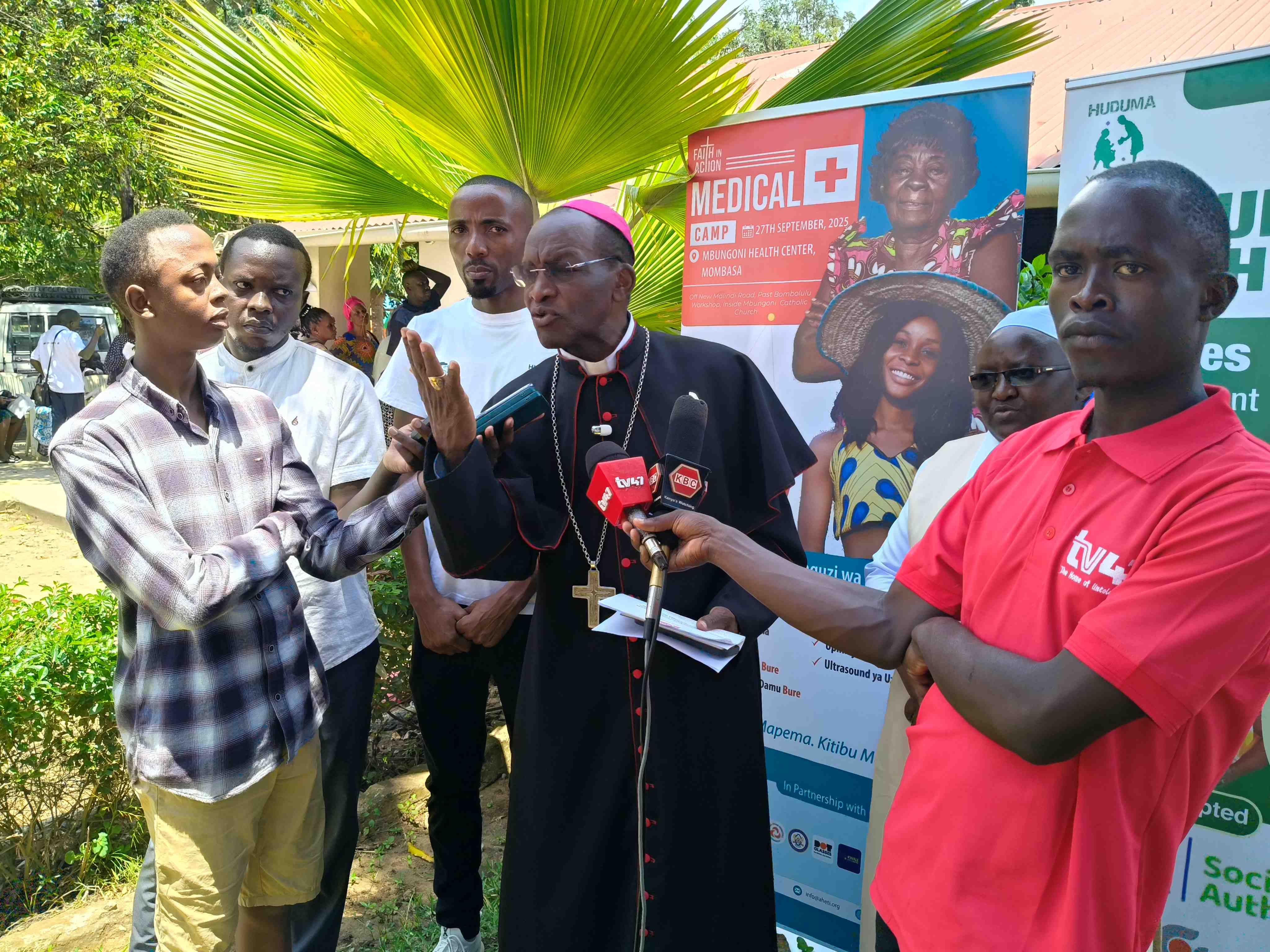 Archbishop Martin Kivuva at the Mbungoni health centre on Saturday / BRIAN OTIENO
Archbishop Martin Kivuva at the Mbungoni health centre on Saturday / BRIAN OTIENO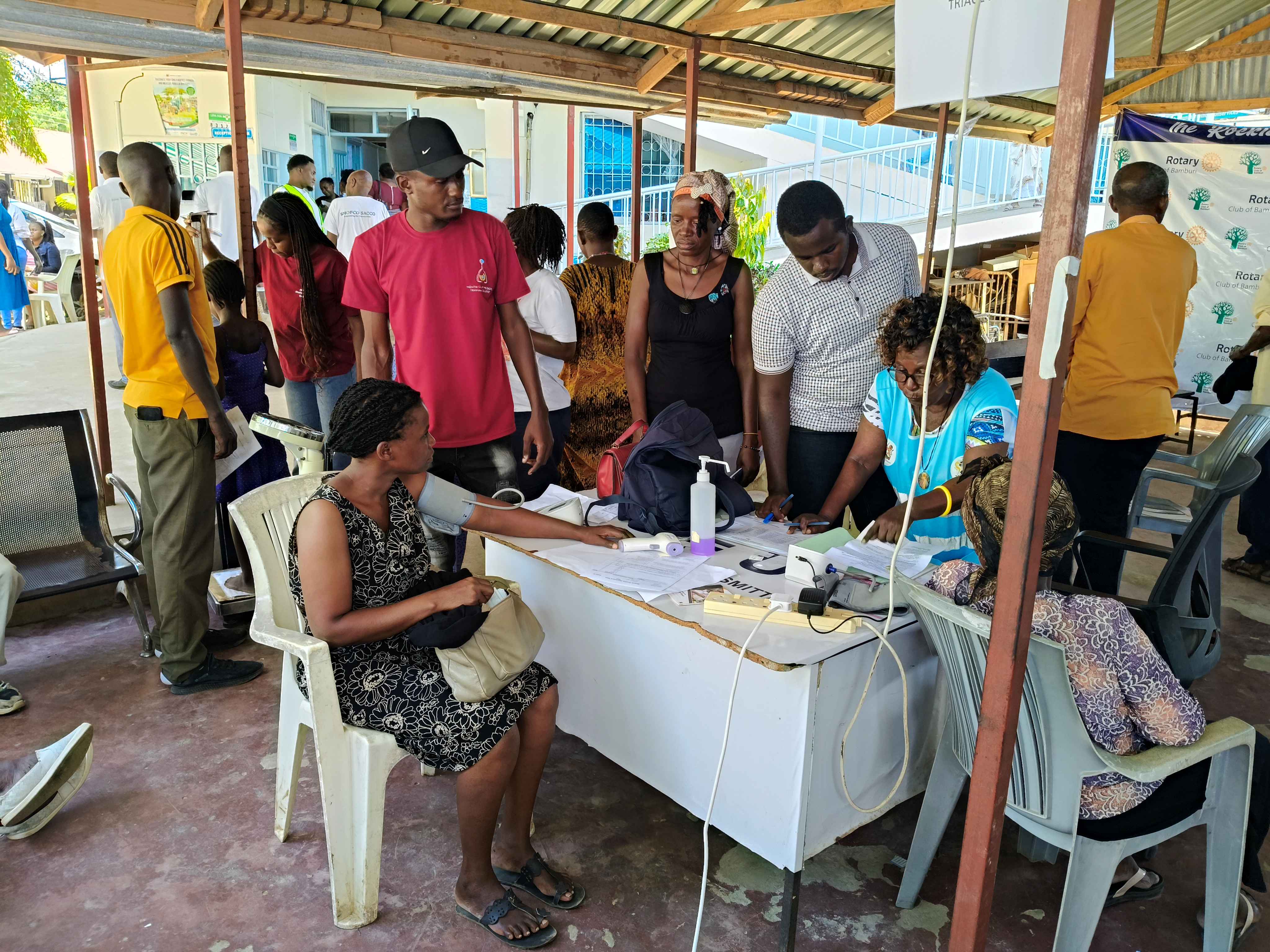 The medical camp at Mbungoni health centre on Saturday
/ BRIAN OTIENO
The medical camp at Mbungoni health centre on Saturday
/ BRIAN OTIENO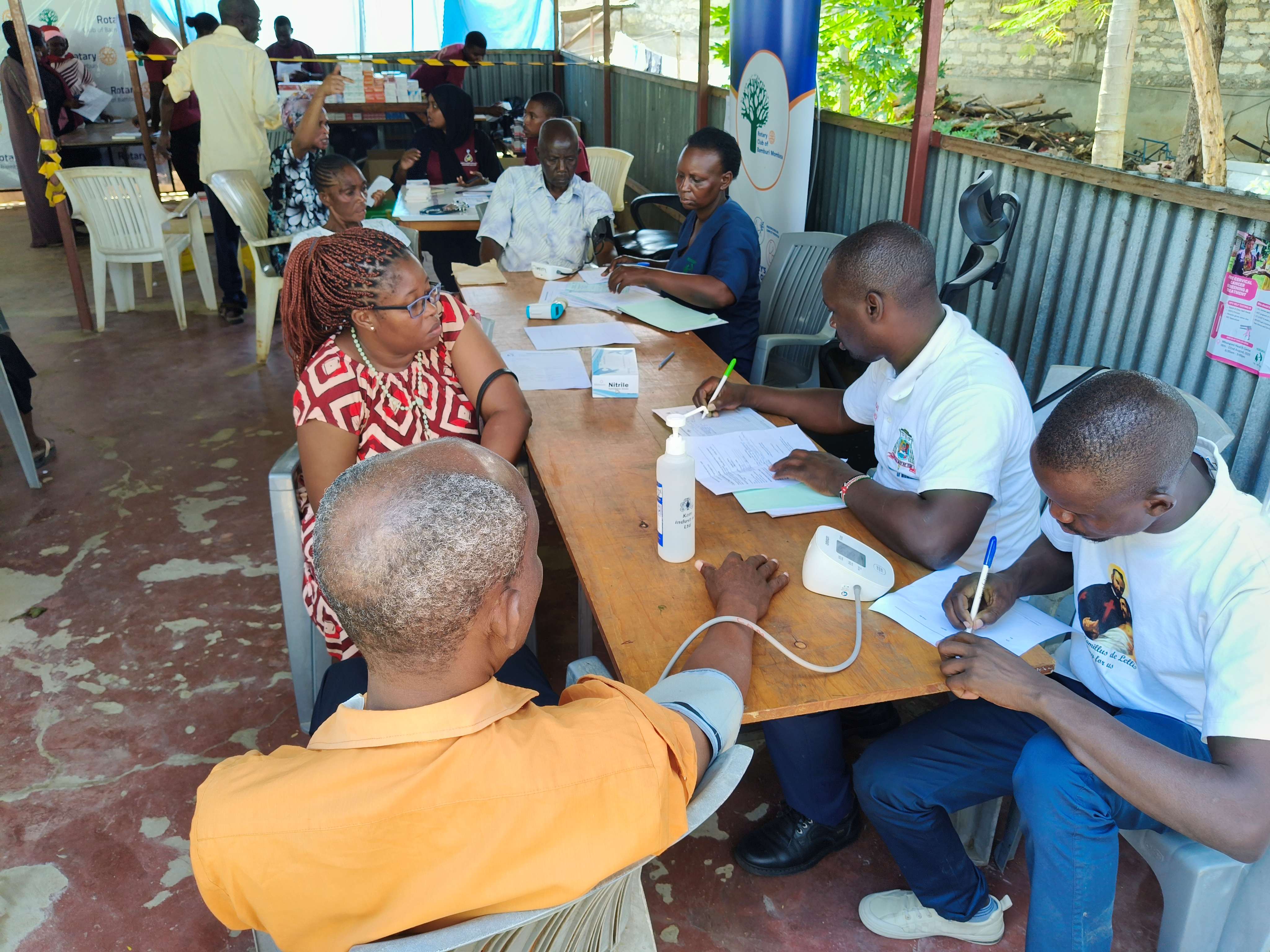 The medical camp at Mbungoni health centre on Saturday
/ BRIAN OTIENO
The medical camp at Mbungoni health centre on Saturday
/ BRIAN OTIENOPoverty and poor health-seeking habits remain some of the biggest obstacles in the fight against cervical cancer and the human papillomavirus. In Mombasa’s informal settlements, many women delay routine check-ups or skip them altogether, often until the disease has progressed to advanced stages.
Victor
Ondiek, the lead at Mbungoni health centre in Nyali subcounty, says this has
long been the pattern.
“For
the past year, we have seen increased cases of cervical squamous cell
carcinoma. In August, when we started an awareness campaign, six women were
confirmed to have stage three cervical cancer,” he said.
The grim reality prompted a renewed push for screenings across Mbungoni and surrounding areas. On Monday, the health centre hosted a free medical camp sponsored by the Catholic Archdiocese of Mombasa in partnership with the Africa Health Economic Transformation Initiative (Aheti) and the county government.
The camp drew more than 1,500 people seeking services ranging from HPV vaccination, cervical and breast cancer screening, HIV/TB testing and optical care, to registration with the Social Health Authority.
It also marked the launch of a three-month HPV awareness drive in Mombasa, Kilifi, Kwale and Taita Taveta counties. The campaign, dubbed ‘Faith in Action: Protecting Life Through Health’ is designed to promote HPV vaccination for girls aged 10 to 14 and encourage early cancer screening for men and women.
Ondiek said Mbungoni was chosen strategically because the settlement is plagued by poverty, joblessness and illiteracy, leaving residents unable to afford routine healthcare.
“Many in the informal settlements we serve cannot afford regular check-ups. This camp is a vital intervention,” he said.
Mombasa Archbishop Martin Kivuva urged broader partnerships to cut costs and expand services.
“This is a Tvet (Technical and Vocational Education and Training) centre, adjacent to a health centre, and we are using these facilities to serve the greater community,” he said.
For Sister Reginah Nyiva, the archdiocese’s health coordinator, the challenge is getting people to seek care at the right time.
She said data from their facilities shows many community members present late, when treatment is more difficult.
By working with partners such as Aheti, Aga Khan Hospital, Gertrude’s Hospital, Kwale Eye Centre, Rotary Bamburi and the county government, the church hopes to change health-seeking behaviours.
“As healthcare workers, we are here to give hope to people as we also propagate the ministry of Christ,” Nyiva said.
She
added that cervical cancer – the most common cancer among women in Kenya and
the leading cause of cancer-related deaths – is preventable through vaccination and curable
when caught early.
According to Unicef Kenya and the National Cancer Institute of Kenya, nine women die from cervical cancer every day.
“The high mortality rate is alarming given that cervical cancer is preventable through HPV vaccination, curable with early detection and treatable with timely intervention,” Nyiva added.
County health officials say vaccination remains a cornerstone in preventing the disease. Imani Baraka, Mombasa’s head of vaccines and immunisation services, called on parents to ensure their daughters receive the HPV jab. “These vaccinations are free at our health facilities,” he said.
Baraka
admitted that misinformation and mistrust have slowed uptake, but said that
awareness efforts are beginning to yield results.
“In September alone, we visited more than 100 schools and vaccinated over 10,000 girls against HPV,” he said.
As the three-month awareness campaign gets underway, organisers hope that partnerships between government, faith groups and health organisations will reduce stigma, increase vaccination and save lives.







